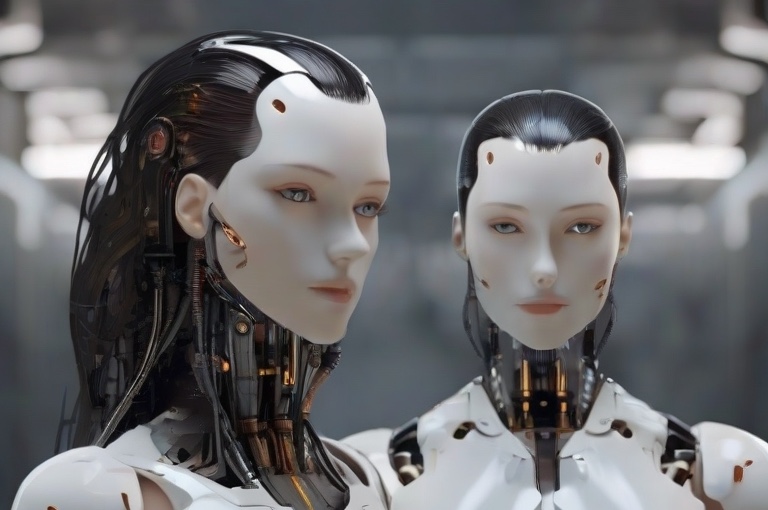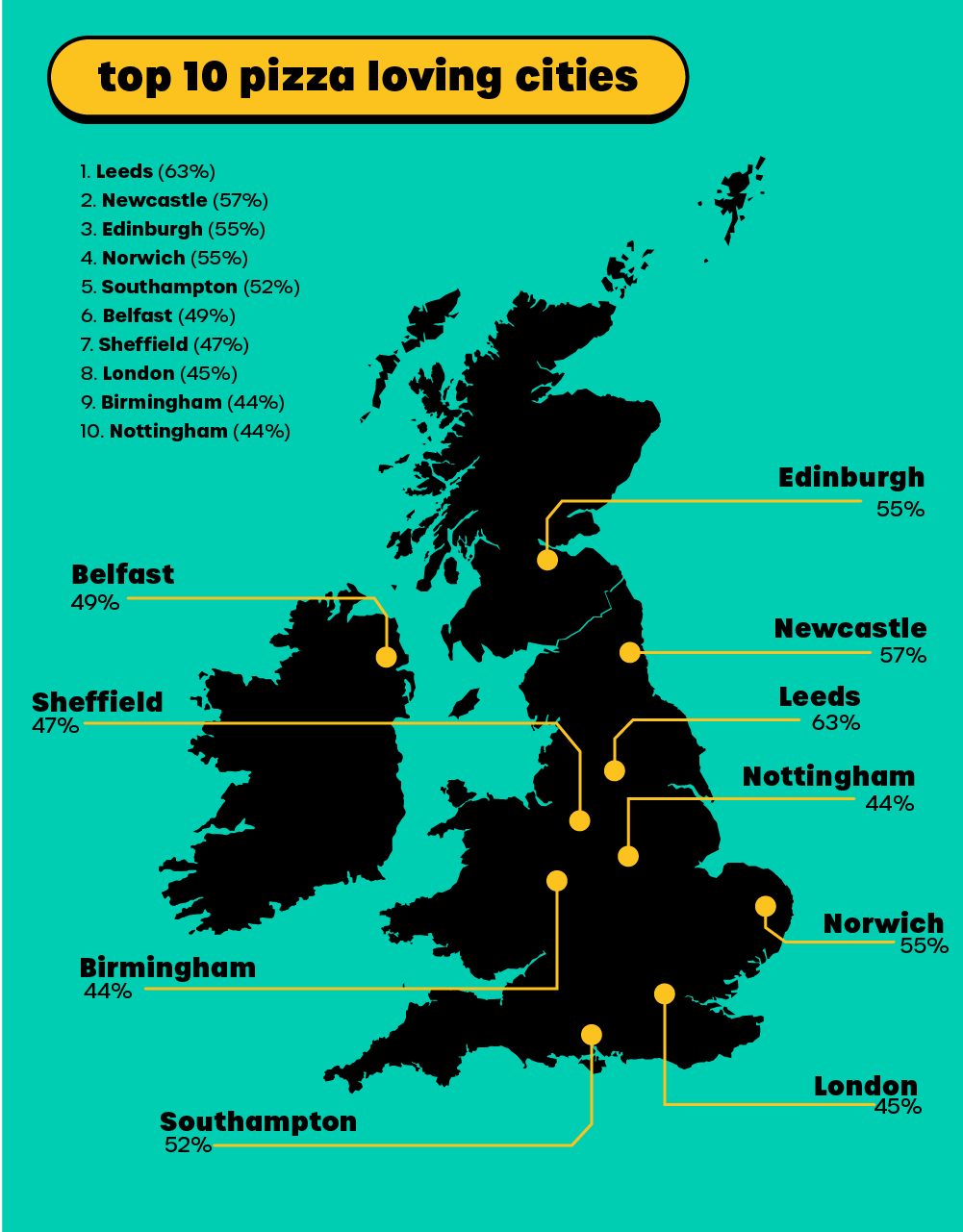Artificial intelligence (AI) is rapidly changing the world, and education is no exception. AI is already being used in classrooms around the world to personalize learning, provide real-time feedback, and create engaging and interactive learning experiences. As AI continues to develop, it is poised to have an even greater impact on education in the future.
One of the most promising ways that AI is being used in education is to personalize learning. AI can be used to track student progress, identify areas where students are struggling, and provide personalized instruction and support. This can help students learn more effectively and efficiently, and it can also help to close the achievement gap.
For example, AI-powered tutoring programs can provide students with one-on-one instruction at their own pace. These programs can adapt to the individual needs of each student, and they can provide immediate feedback on student progress. This can be especially helpful for students who are struggling with a particular subject or who need extra help.
In addition to personalized learning, AI is also being used to provide real-time feedback to students. AI-powered tools can be used to grade student work, provide feedback on student writing, and answer student questions. This can help students to improve their understanding of the material and to identify areas where they need to improve. AI-powered writing assistants can help students to improve their grammar, spelling, and punctuation. These assistants can also provide feedback on the overall structure and clarity of student writing. This can be especially helpful for students who are struggling with writing.
Finally, AI is also being used to create engaging and interactive learning experiences. AI-powered games and simulations can help students to learn new concepts in a fun and engaging way. These games and simulations can also help students to develop critical thinking and problem-solving skills. There are AI-powered games that can help students to learn about math, science, and history. These games can make learning more fun and engaging, and they can also help students to develop important skills.
As AI continues to develop, it is poised to have an even greater impact on education in the future. AI can be used to personalize learning, provide real-time feedback, and create engaging and interactive learning experiences. This can help students to learn more effectively and efficiently, and it can also help to close the achievement gap.
here are some additional thoughts on the future of AI in education:
As AI technology continues to develop, we will likely see even more innovative and effective ways to use AI in the classroom. For example, AI-powered tutors could be used to provide personalized instruction to students, and AI-generated content could be used to create more engaging and interactive learning experiences.
It is important to remember that AI is a tool, and like any tool, it can be used for good or bad. We must use AI in a way that benefits students and promotes educational equity. For example, AI could be used to identify students who are struggling and provide them with additional support. However, it is also important to make sure that AI is not used to discriminate against students or to track their personal information without their consent.
We need to be mindful of the potential risks associated with AI in education, such as bias, privacy concerns, and job displacement. However, we should not let these risks prevent us from exploring the many potential benefits of AI in education. For example, AI could be biased against certain groups of students, such as students from minority groups or students with disabilities. It is important to carefully design AI systems to avoid these biases. Additionally, AI could be used to collect and store personal information about students, which could raise privacy concerns. It is important to develop policies and procedures to protect student privacy. Finally, AI could lead to job displacement for some teachers. However, it is also likely that AI will create new jobs in education, such as AI developers and AI trainers.
Of course, there are also some potential challenges associated with the use of AI in education. One concern is that AI could lead to job losses for teachers. However, it is more likely that AI will simply change the role of teachers, freeing them up to focus on more important tasks.
Another concern is that AI could be used to track and monitor students, which could raise privacy concerns. However, it is important to remember that AI can also be used to protect student privacy. For example, AI can be used to anonymize student data, which makes it more difficult to identify individual students.
Overall, the potential benefits of AI in education far outweigh the potential challenges. AI has the potential to revolutionize education, making it more personalized, engaging, and effective. As AI continues to develop, it is important to ensure that it is used in a way that benefits students and teachers.





















